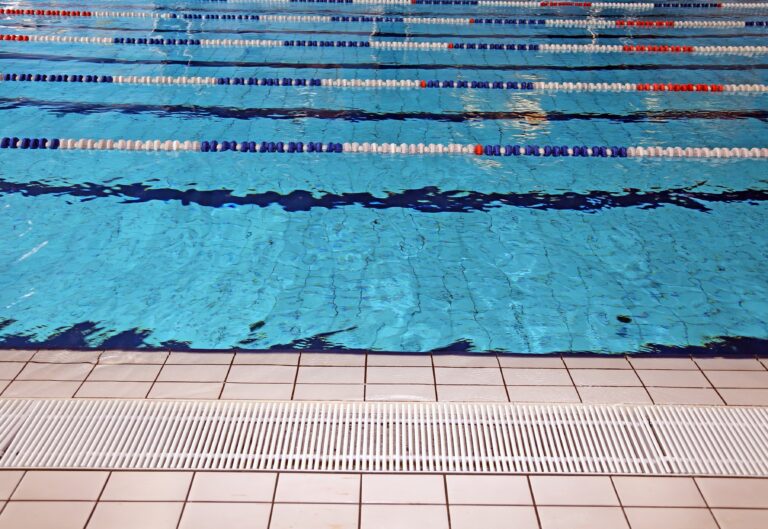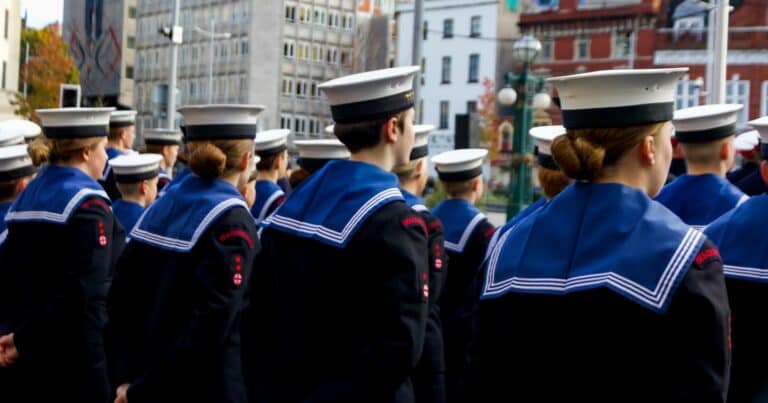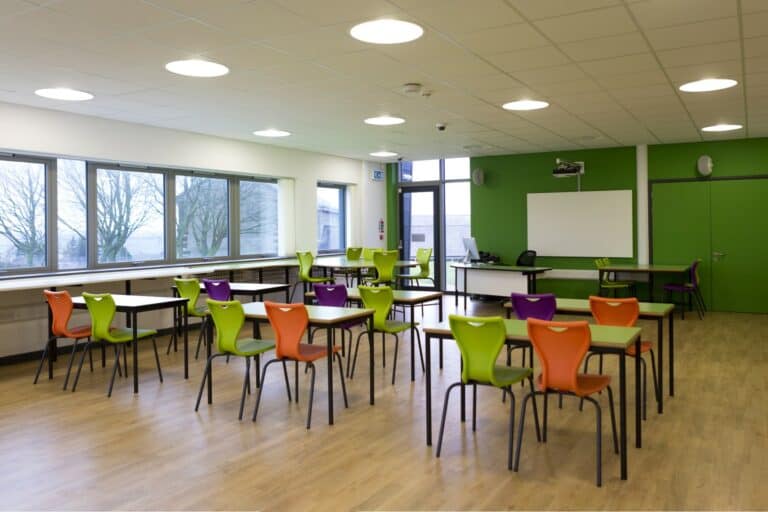
Man who used AI to create child sexual abuse images convicted in ‘landmark’ case
A man who used AI to turn photographs of real children into child sexual abuse images before selling them to paedophiles has been convicted in a landmark case.
Hugh Nelson, 27, used the computer programme Daz 3D – which has an AI function within it – to transform normal everyday photographs of children into indecent child sexual abuse imagery.
Nelson made £5,000 over 18 months taking commissions from people in chatrooms in return for providing specific child abuse images people had requested. He also used chatrooms to encourage the rape of children under 13.
Nelson was first arrested by Greater Manchester Police in June 2023. Soon afterwards he pleaded guilty to four counts of distributing indecent photographs of children and one count of publishing an obscene article.
The police then searched his digital devices and found new evidence against him, leading him to be charged with 11 more offences in February 2024.
On 9 August 2024 Nelson pleaded guilty to:
- 3 counts of intentionally encouraging or assisting the commission of the rape of a child under the age of 13;
- 3 counts of distributing indecent photographs of children;
- 3 counts of making indecent photographs of children;
- 1 count of possessing prohibited images of children;
- 1 count of attempting to cause a child under 16 to engage in sexual activity.
Detective Carly Baines, from GMP’s Online Child Abuse Investigation Team, said in a statement published by the CPS the case was a “first” in Greater Manchester and a “landmark” case nationally. The case was a “real test” of legislation, she said, as using AI in this way is not specifically mentioned in existing laws regarding child abuse imagery.
In order for a person to be charged for making indecent photographs of children, the law required the images to be “photographs” or “pseudo-photographs”. A “pseudo-photograph” is defined as an image “which appears to be a photograph”.
As many people are aware, AI technology has developed rapidly in recent years. It is likely that Nelson’s is one of the first convictions of its kind since it is only recently that AI-generated images have become sophisticated enough to be considered “pseudo-photographs”. Less sophisticated AI-generated child abuse images, which may look more like cartoons or animations, would be considered “prohibited images”. These are prosecuted under a different law and attract a lower sentence.
So although it is encouraging that the police have been able to charge Nelson with a more serious offence, his case is a sobering warning about the increasing capabilities of technology for producing incredibly realistic images of abuse and thus causing even more serious harm.
At Bolt Burdon Kemp, we understand how traumatic it is for anybody’s identity, but particularly that of a child, to be used and violated in this way. Additionally, studies have shown those who view and share child sexual abuse material are more likely to seek out or encourage the commission of contact offences against children, just like in Nelson’s case. It is therefore vital that those who create or distribute such images are brought to justice.
A successful criminal prosecution in relation to image-based abuse can also support a civil claim for compensation. Damages can potentially be claimed for the distress or psychiatric injuries caused, as well as any financial losses that have arisen as a result of the abuse (for example, the cost of getting the images taken down from online platforms).
As a solicitor who has acted for both child and adult victims of online abuse, I know all too well how distressing it can be. Indeed researchers Kristen Zaleski and Jessica Klein have suggested survivors of image-based sexual abuse suffer similar symptoms to those who have experienced sexual assault.
BBK is committed to supporting survivors who have been subjected to online and image-based abuse, having been the first law firm to have won a case in the High Court for compensation in relation to psychological harm from sexting. In that case the claimant was awarded £25,000 for the harm caused by the texting and images.
If you believe you or your child have experienced online or image-based sexual abuse, you can contact me directly for free, no obligation advice about your legal options and whether you may be entitled to compensation.










